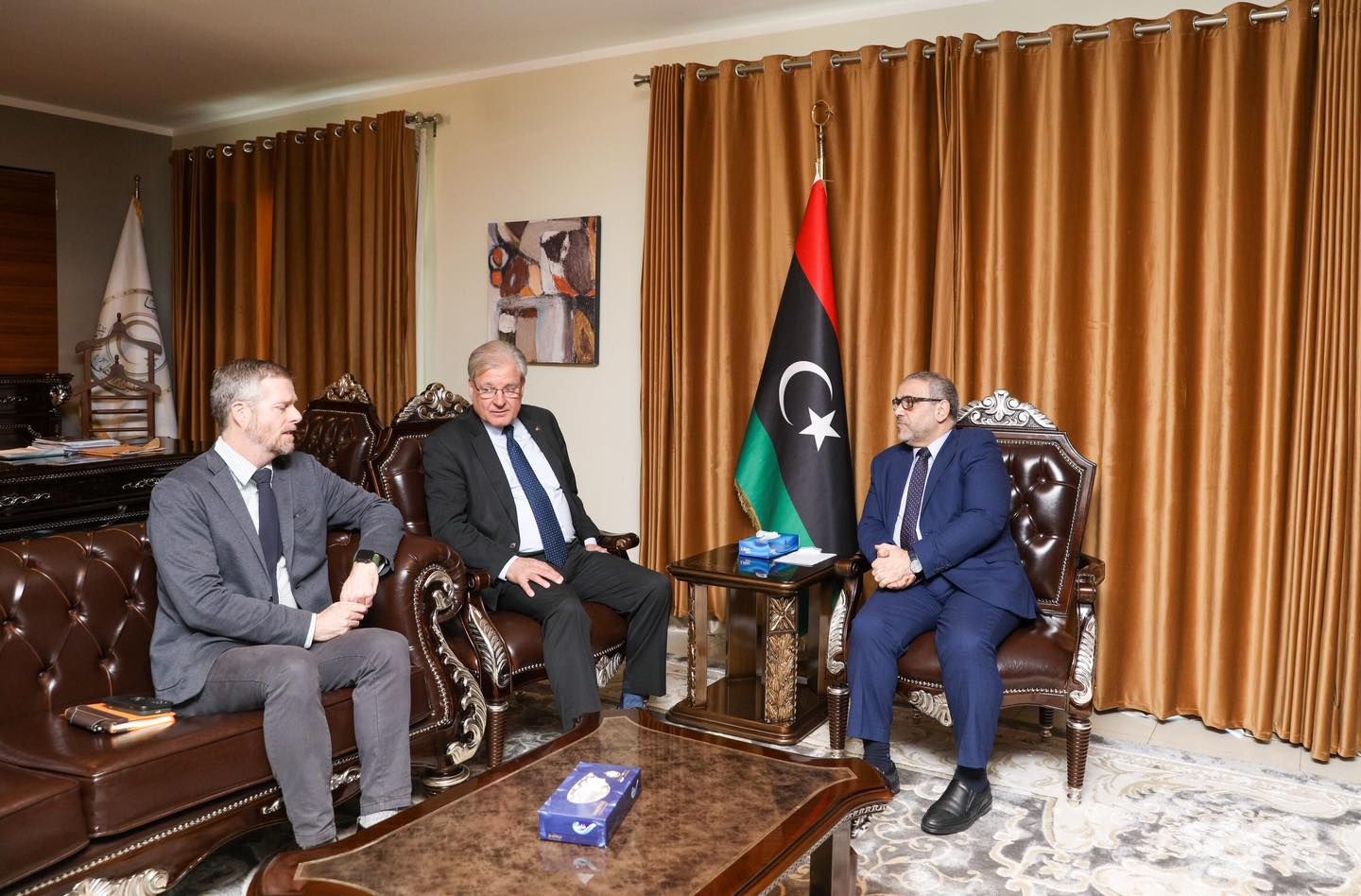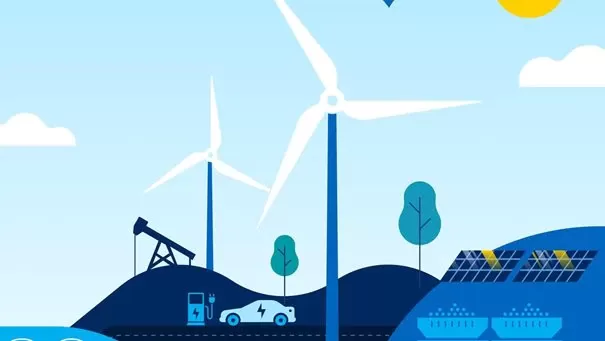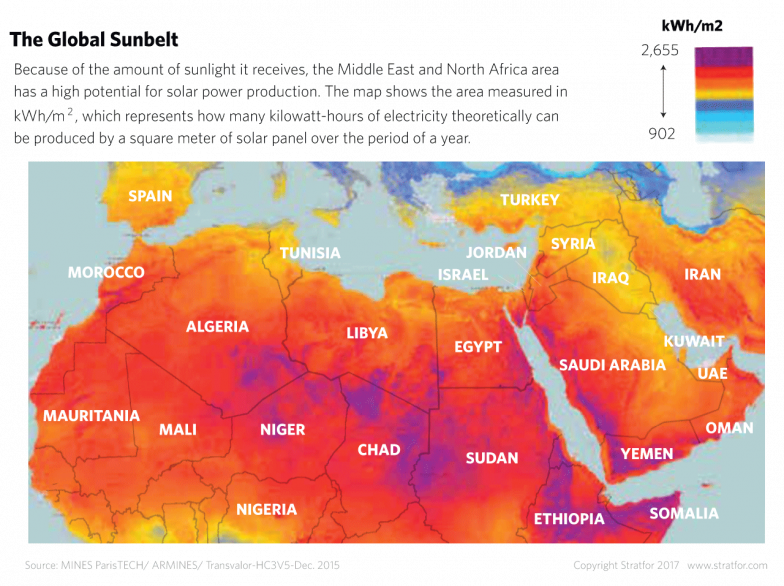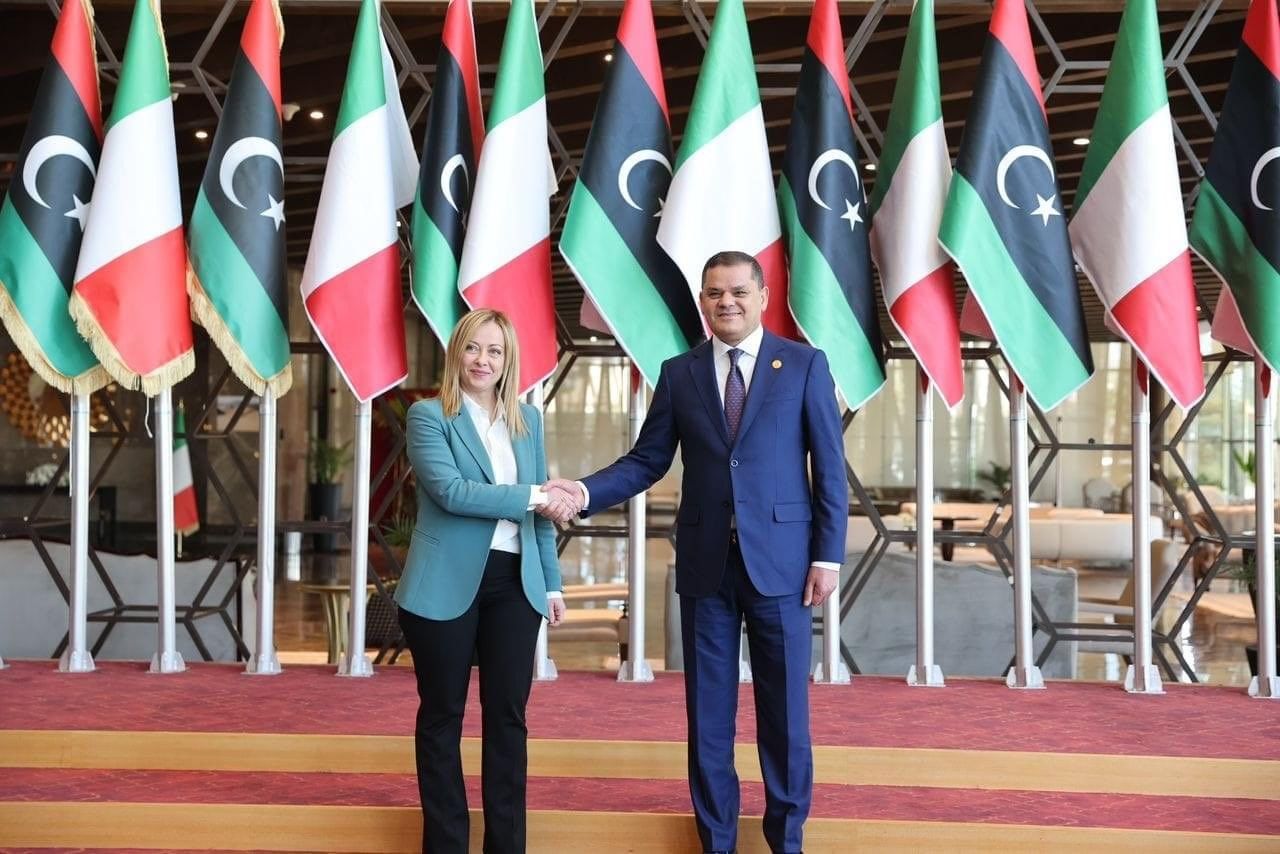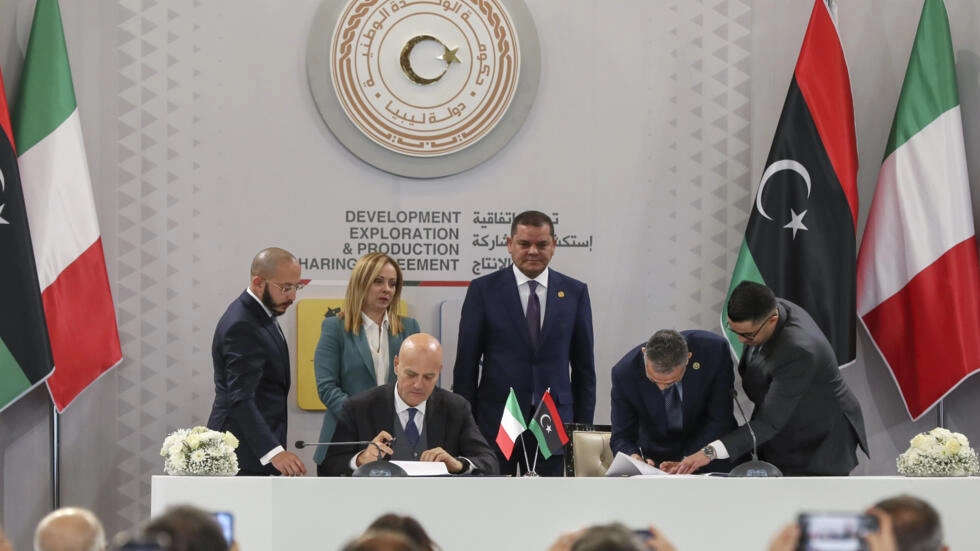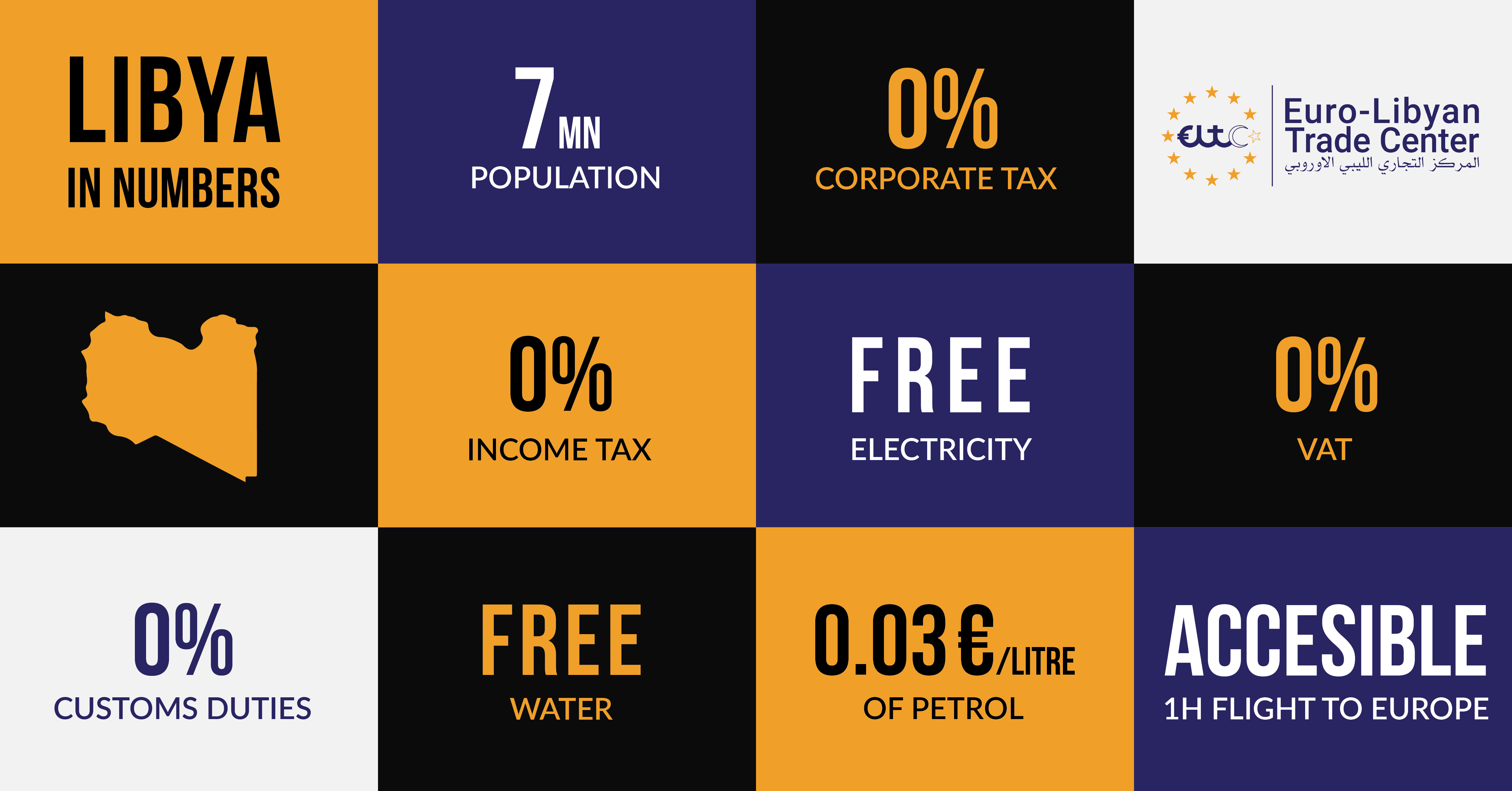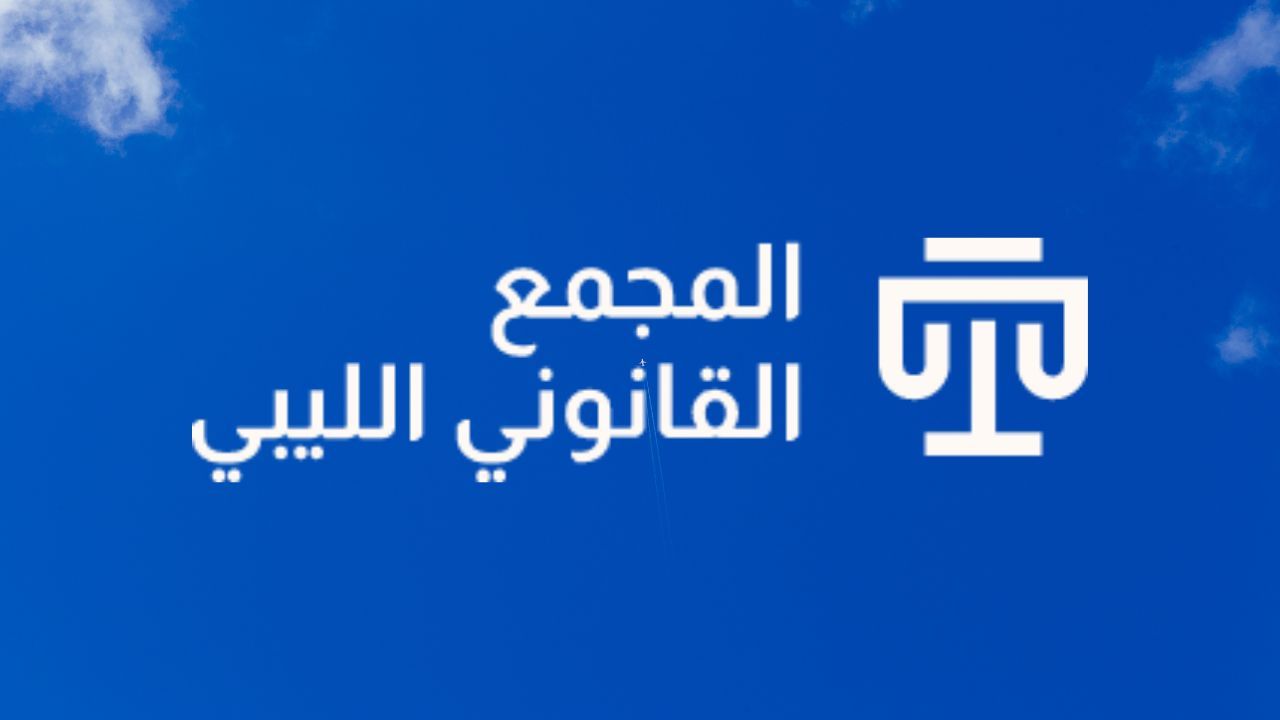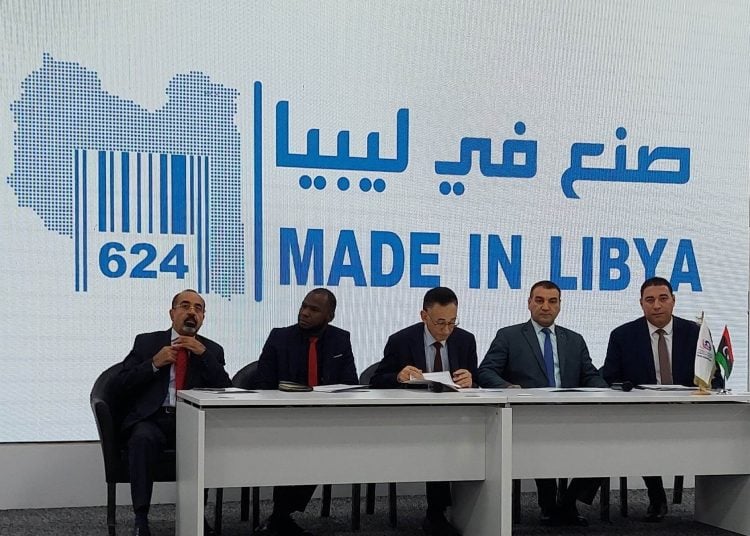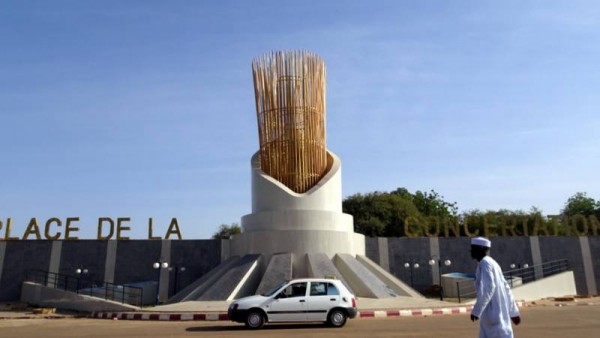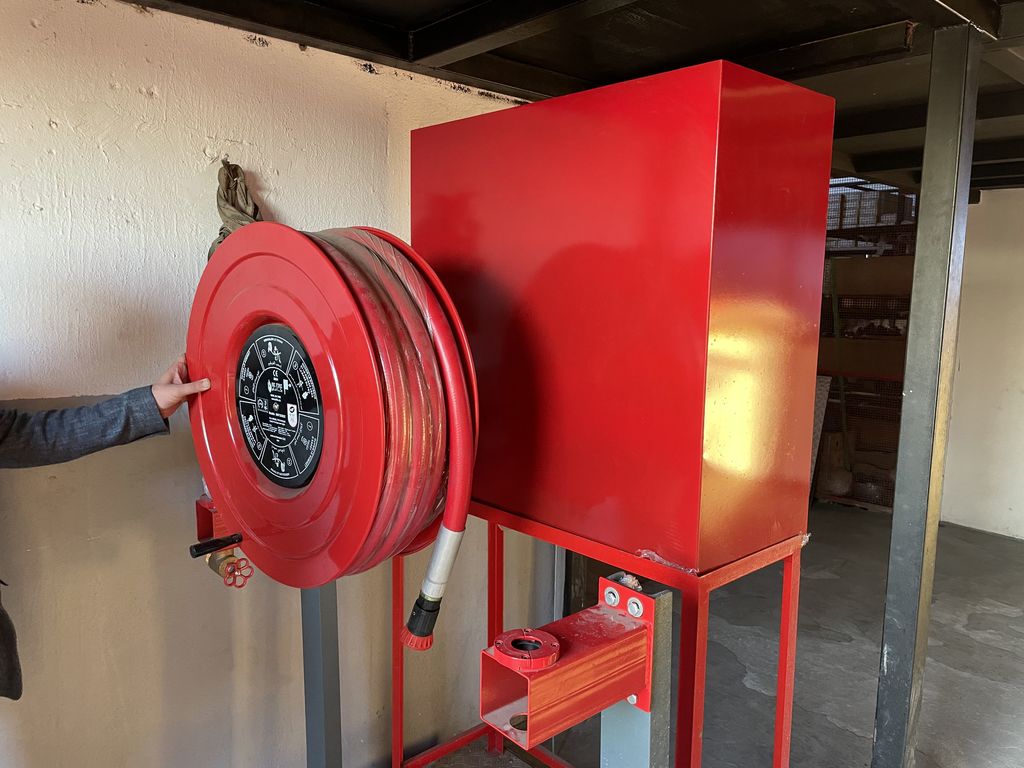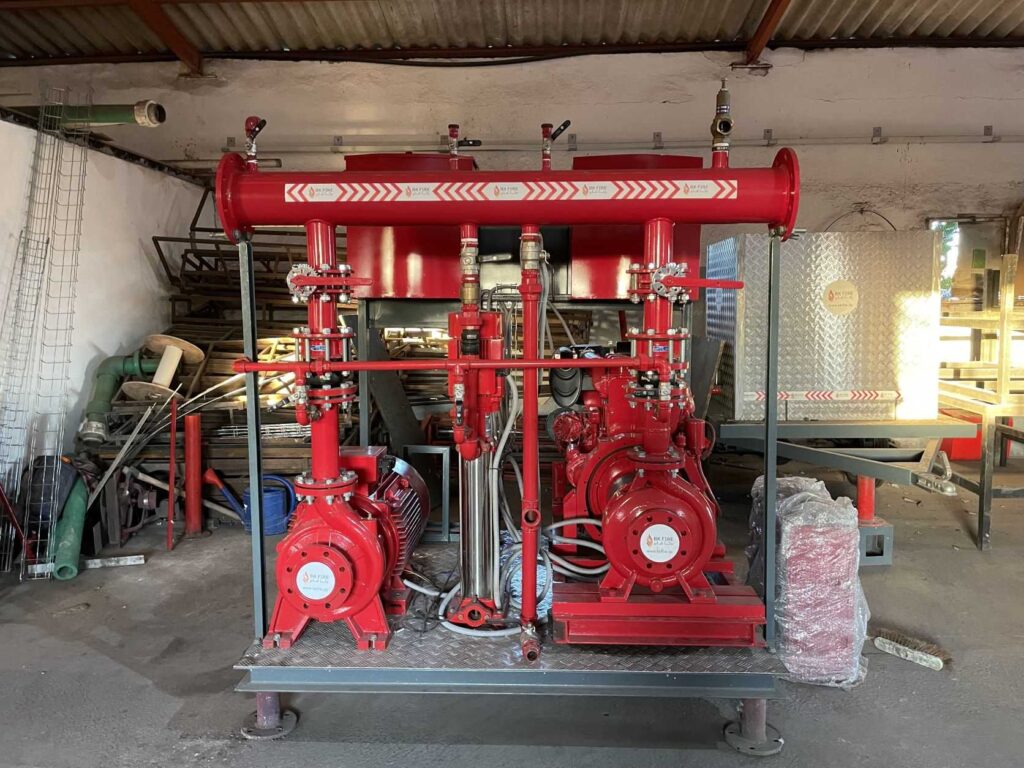Libyan Health Sector: Charting the Course for the Next Five Years
The Libyan Ministry of Health has announced the launch of the National Strategy for Primary Healthcare 2023-2028 and the proposed Health Sector Plan for 2023. These initiatives will focus on enhancing the efficiency of healthcare services and improving the overall health of the population.
National Strategy for Primary Healthcare 2023-2028
The National Strategy for Primary Healthcare 2023-2028 aims to improve the efficiency of the first level of healthcare services in Libya. This is essential as primary healthcare is the backbone of any healthcare system and serves as the first point of contact for patients seeking medical care.
The strategy will focus on enhancing the quality of medical services provided by group clinics, health centres and units, and implementing family medicine and a referral system. The strategy aims to provide comprehensive and accessible healthcare services to all citizens, regardless of their location or socio-economic status.
The National Strategy for Primary Healthcare 2023-2028 will be implemented in three phases, with each phase covering all regions of Libya. The implementation of this strategy will result in the adoption of a unique health number for each citizen, which will enable the creation of an electronic health record for each patient.
Health Sector Plan for 2023
The proposed Health Sector Plan for 2023 is the first of its kind in over twelve years. The last national plan to reform the health sector in Libya was launched more than twelve years ago, approved and implemented. The Health Sector Plan for 2023 aims to restructure the health system in Libya and integrate it into one administrative unit.
The plan will focus on the distribution of healthcare services among the six health regions based on population size and priority. It aims to ensure that all citizens have access to essential healthcare services, including preventive and curative healthcare, mental healthcare, and emergency care services.
Benefits of the National Strategy for Primary Healthcare 2023-2028 and Health Sector Plan for 2023
The National Strategy for Primary Healthcare 2023-2028 and Health Sector Plan for 2023 have numerous benefits for the Libyan population. The implementation of these initiatives will enhance the efficiency and quality of healthcare services and improve the overall health of the population.
The adoption of a unique health number for each citizen will enable the creation of an electronic health record for each patient, ensuring easy access to medical records, which will facilitate timely and appropriate treatment for patients. The restructuring of the health system will ensure that healthcare services are distributed based on population size and priority, ensuring that all citizens have access to essential healthcare services.
Conclusion
The National Strategy for Primary Healthcare 2023-2028 and Health Sector Plan for 2023 are significant initiatives that will improve the efficiency and quality of healthcare services in Libya. The implementation of these initiatives will ensure that all citizens have access to essential healthcare services, regardless of their location or socio-economic status.
The adoption of a unique health number for each citizen and the creation of an electronic health record for each patient will enhance the efficiency and quality of healthcare services, ensuring timely and appropriate treatment for patients. The restructuring of the health system will ensure that healthcare services are distributed based on population size and priority, enhancing the overall health of the population.
